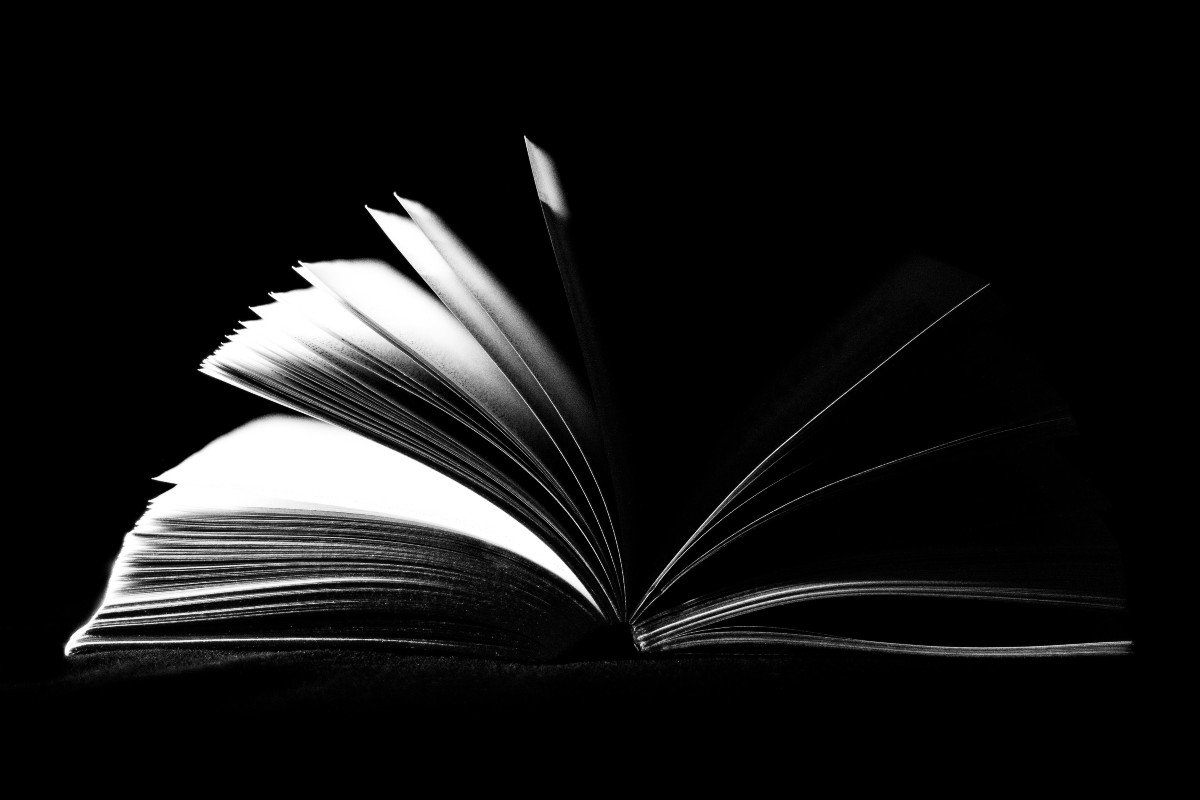On the Banning of Books
Each year, at around this time, the American Library Association releases its list of most-challenged books from the previous year. Translation: the books that people petitioned to be banned from (largely) public school libraries.
We now know that the three books most targeted by ban campaigns last year were:
Gender Queer, an autobiographical graphic novel written by nonbinary author Maia Kobabe.
All Boys Aren’t Blue by George M. Johnson, who has very publicly maintained that all of his books are going to live in the “wheelhouse of queerness.”
This Book is Gay by Juno Dawson.
Yes, I’ve reviewed all three.
And no, I would not want any of my 16 grandchildren reading them.
And yes, that means I believe they do not belong in the library of an elementary school nor in a section targeting elementary-age children in a public library.
The library group’s president would not agree. That is why the American Library Association publishes the list. “Shining a light on the harmful workings of these pressure groups is one of the actions we must take to protect our right to read.”
That sounds good.
But it’s not the point.
I would argue loudly and campaign vigorously for any adult’s right to read. This is not about an adult’s right to read. It’s about the right to parent and the right to protect the childhood of children. Tina Descovich, a cofounder of Moms for Liberty, said she doesn’t mind that these books are being published or sold. But school library books shouldn’t have explicit material. She goes on to say that in schools, “Libraries... should be cultivated for learning, for learning history, and geography and science.”
That doesn’t sound like taking away the American right to read, but rather maintaining the American right to sanity. This is not – I repeat not – about “dumbing down the nation” or “denying people the opportunity to read about the lived experience of marginalized communities.” It has nothing to do with any of our collective First Amendment rights.
One of sociologist Neil Postman’s most provocative works was titled The Disappearance of Childhood. His thesis was that children are being robbed of their innocence, their naiveté, their ability to even be children. He contended that in our world, we ask children to embrace mature issues, themes and experiences long before they are ready. Or, as Postman put it, in having access to the previously hidden fruit of adult information, the child is expelled from the garden of childhood.
It is not the role of a public-school library to become the parent of a child, determining the degree and nature of their exposure to such things as sexual orientation and gender identity, and taking it upon themselves to end their childhood. And if a child does ask their teacher or librarian an unprovoked question related to such advanced topics, the adult can simply say, “That is a very good question, and it’s one you should ask your parents about when you get home.”
This is not about left vs. right, Democrat vs. Republican, or LGBTQ community vs. Christian advocacy groups. This is about the role of libraries and schools in relation to the role of parenting.
So by all means, take up and read. Anything you want. I’m on your side. But when it comes to a child, let the parent be the one who picks the books.
They just might want to keep their child’s childhood from disappearing.
James Emery White
Sources
Joseph De Avila, “Book-Ban Campaigns Hit 4,240 Titles Last Year: Here Are the Top 10 Targets,” The Wall Street Journal, April 8, 2024, read online.
Neal Postman, The Disappearance of Childhood.

